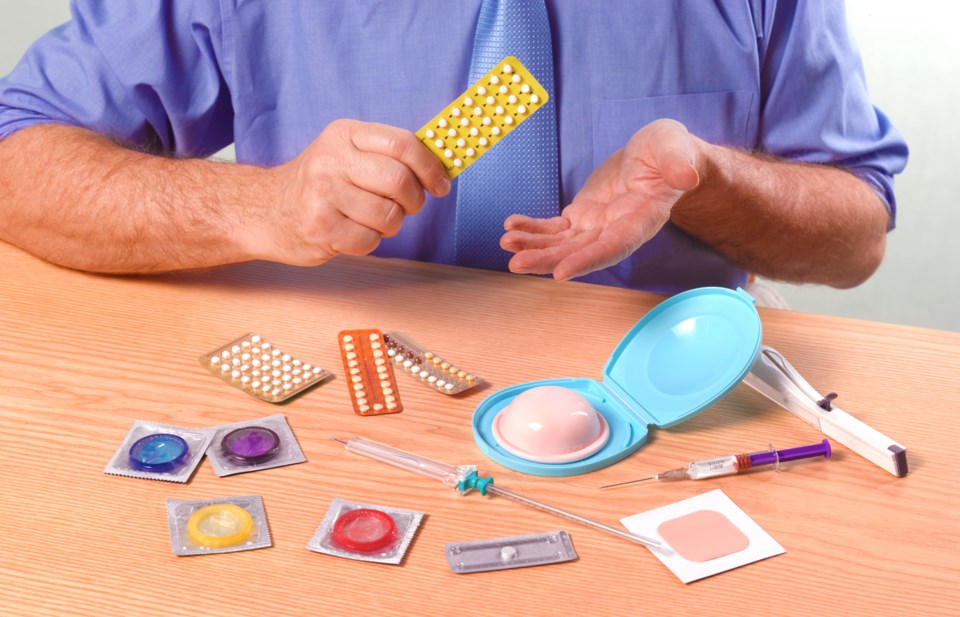The B.C. government will be the first jurisdiction in Canada to offer free prescription contraception.
The pledge was part of the provincial budget rolled out Tuesday and will go into effect on April 1.
Budget 2023 dedicates $119 million over three years to the program that will fully cover prescription contraceptives like oral hormone pills, IUDs, subdermal implants and Plan B (also known as the morning-after pill).
“We know costs vary – but it really adds up. For someone who pays $25 a month for birth control pills, that’s $300 in savings every year. And as much as $10,000 in savings over their lifetime. Mr. Speaker, as the mother of two daughters and five granddaughters, I know the effect this is going to have on people’s lives in our province,” said Minister of Finance, Katrine Conroy in her budget speech.
Conroy calls it a win for health and it’s a win for gender equity.
“It’s about time. The days of passing down these costs to women and trans and non-binary people are coming to an end.”
AccessBC has been advocating for universal, no-cost coverage for prescription contraception in BC since 2017.
“Today’s budget announcement is a victory for gender equality and reproductive justice in BC, especially for patients struggling to access the contraceptive of their choice,” said AccessBC campaign organizer and obstetrics and gynaecology resident physician Ruth Habte. “We’re elated that BC has made history today and it was included as part of the 2023 provincial budget.”
AccessBC campaign chair and co-founder Teale Phelps Bondaroff notes that the campaign started as a handful of people who wanted to resolve an obvious injustice.
“After six years, we succeeded in convincing the government to make prescription contraception freely available to everyone in BC. It’s inspiring to see people from all across the province come together to fight for equality and reproductive justice. This demonstrated the power of grassroots organizing,” said Bondaroff.
According to AccessBC, an IUD can cost up to $500, oral contraceptive pills cost at least $240 per year, and hormone injections as much as $180 per year.
Details on how the program will be rolled out were not announced.



